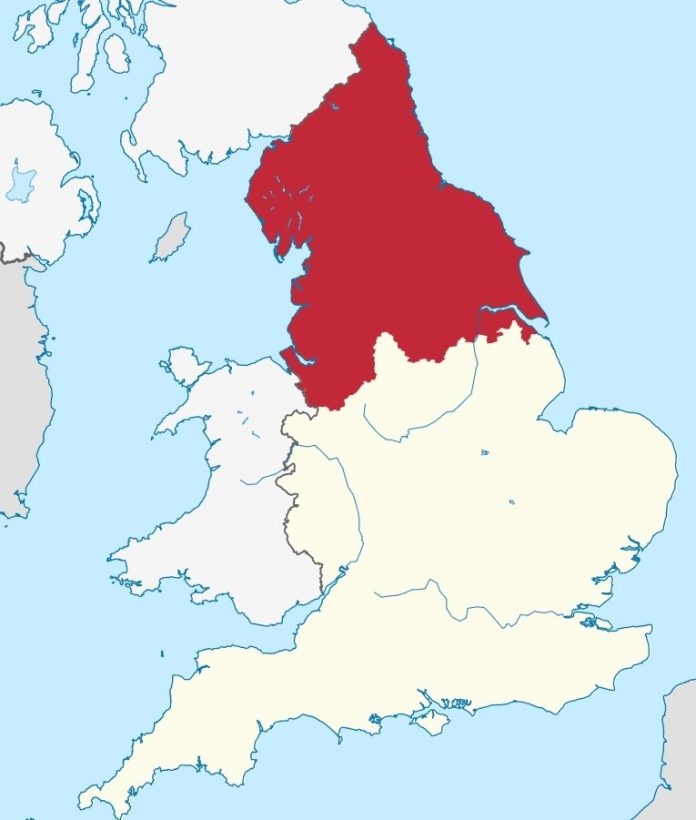New analysis of the government’s Community Renewal Fund allocation has found that the North missed out on funding to the tune of £21 million.
The CRF, which was a cornerstone of the government’s ‘Levelling Up’ agenda, was established to address regional inequalities through investment in place-based initiatives.
However, the findings of a new study suggest that the current method for CRF allocation runs the risk of widening existing inequalities rather than ‘levelling up’.
Academics from the NIHR Applied Research Collaboration Greater Manchester (ARC-GM), the University of Manchester and Health Equity North (HEN) examined the allocation of the first round of the CRF across English regions, and whether more economically deprived regions are getting a proportionate share of the pot.
They found that nationally, there was no significant correlation between regional economic resilience and funding allocations but all regions in the North of England received less than their expected share of the flagship ‘levelling up’ fund.
The least resilient region in England – the North East – received £13.4 million less but by contrast, the South West was awarded £9.9 million more than their expected share.
Dr Luke Munford, Co-Academic Director at Health Equity North, and Senior Lecturer in Health Economics at the University of Manchester, said: “There are deep-rooted, persistent regional inequalities in health and wealth across England. People in the North live shorter lives and have higher rates of bad health, disability and economic inactivity. These inequalities have widened during recent decades and will continue to do so without effective policies put in place by government.
“While investment like the Community Renewal Fund is very welcome, the methodology for distribution of the funding doesn’t add up and has the potential to further widen the North-South divide.
“Despite committing to targeting people and places most in need, our research shows the imbalance that remains when it comes to investing in areas that face worse inequalities.
“To mitigate this risk, there needs to be allocation of funding at a regional level, based on an objective measure of need and involving local leaders in decision making.”
Christine Camacho, ARC-GM PhD Fellow and Public health registrar, said: “The ‘levelling up’ agenda offers an opportunity to address the longstanding inequalities in England, but our findings clearly show that there was no significant correlation between regional economic resilience and CRF funding allocations.
“A transparent approach for the distribution of funding to regions based on need is essential. Economic resilience is only one part of the story. A multidimensional index of community resilience could be used to assess place-based disparities.”







